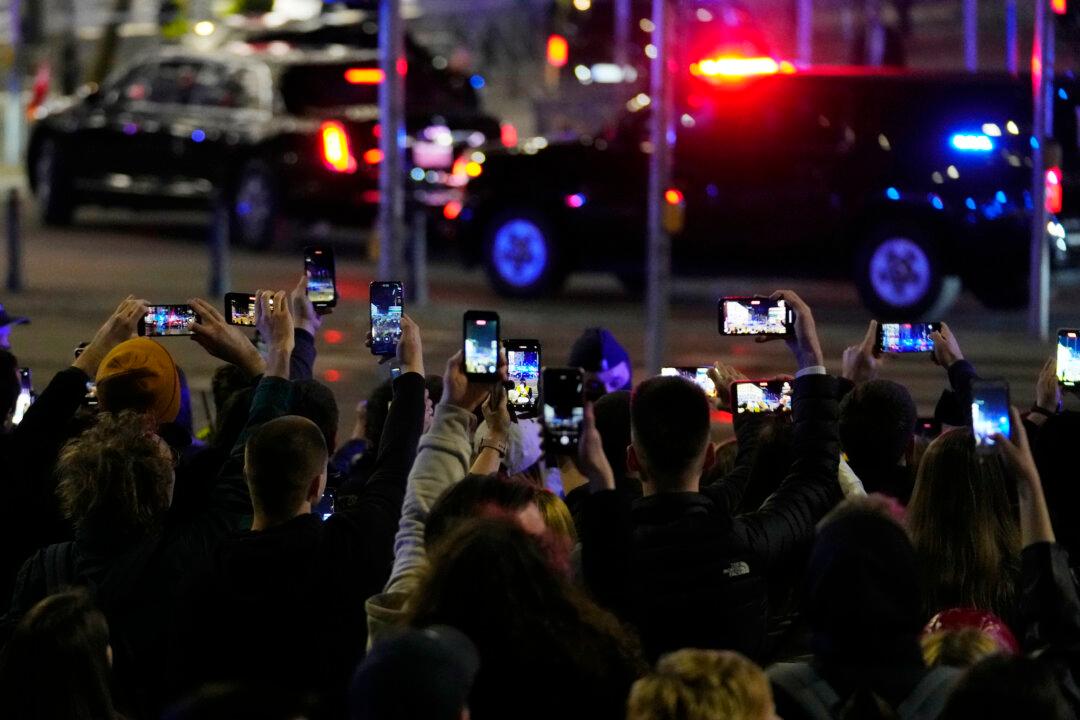President Joe Biden is scheduled to give a speech in Warsaw on Saturday, with the White House saying the president will issue a call for Western unity and determination in the face of Russia’s military campaign in Ukraine.
Biden is now in Poland, where at the time of reporting he was in a meeting with Polish President Andrzej Duda.





